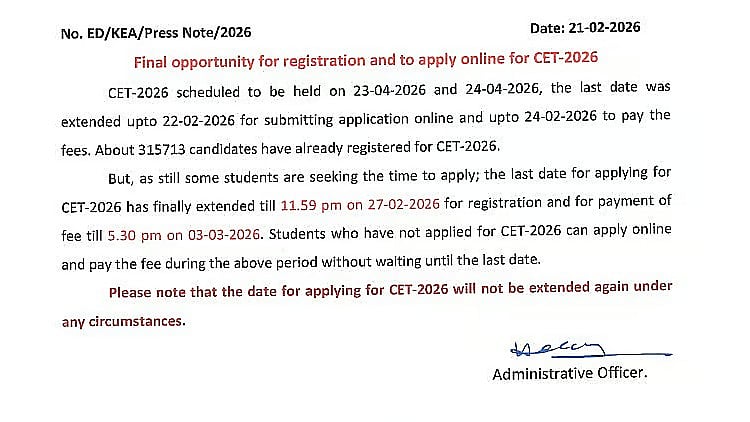Asian nations should refrain from imposing trade restrictions including non-tariff barriers, said a UN ESCAP-ADB report on Wednesday battling for openness in trade.
It said the impact of protectionist measures has never been positive for the global economy.
The report by the United Nations Economic and Social Commission for Asia and the Pacific (ESCAP) and the Asian Development Bank (ADB) also made a case for promoting digital and paperless trade procedures by the Asian nations in view of the supply chain disruptions caused by the COVID-19 pandemic.
"Countries should refrain from using export restrictions and other non-tariff measures. They should also increase transparency on trade restrictions brought during and in the aftermath of COVID-19. The impact of protectionist measures on the global economy and international trade have never been positive," the biennial report said.
The Asia-Pacific Trade Facilitation Report 2021 also highlights that cross-border trade digitalisation has great potential to help countries in Asia and the Pacific access critical goods, especially those most vulnerable to trade uncertainty and crisis.
If countries speed up their implementation of digital trade schemes average trade costs could drop by more than 13 percent, it said.
The ESCAP-ADB study underscores the need to strengthen the resilience of supply chains as the COVID-19 pandemic laid bare the vulnerabilities of concentrated trade networks, limited inventories and financing shortages.
High global value chain participation left Asia and the Pacific particularly vulnerable to restrictive trade policies, it noted.
As per the report, digital trade transformation can support sustainable and development-focused benefits by lowering barriers. The regional average implementation rates for digital and sustainable groups are 58 per cent and 55 per cent, respectively.
It said that countries achieving higher implementation of the digital trade facilitation group have generally also performed well on the sustainable trade facilitation group.
Overall, more advanced countries have performed better in both digital and sustainable dimensions than less advanced countries.
"The PRC (People's Republic of China), India, and the Republic of Korea are among the best performers in sustainable trade facilitation, while Australia and New Zealand are top performers in digital trade facilitation. Singapore has achieved over 90 per cent for both groups," it added.
The report said that epidemics in the past disrupted supply chains and all major outbreaks — Ebola, SARS, Spanish flu—infected and killed people.
Yet, the COVID-19 pandemic has had abrupt and far-reaching impacts globally, while the economic impact of previous epidemics were localized or spread more slowly across countries.
Border closures, lockdowns, quarantines, and other means to control the virus spread weakened demand and disrupted supply chains, resulting in an overall decline in global trade, and the adverse impacts have been felt in supply chains across Asia and the Pacific.
The report pointed out that in South Asia, India experienced automotive production disruptions from port congestion and shortages of parts.
Similarly, India''s manufacturing capacity of electronic equipment — such as telecom products, information technology (IT) hardware, consumer electronics, medical electronics, industrial electronics, and automotive electronics — was hampered by the lack of imported raw materials and components from the PRC and other countries.
It further said various trade measures imposed by major vaccine-producing countries, giving priority to domestic demand, have hampered global deployment of vaccines.
"Increased demand for vaccines due to the recurrence of the pandemic in India delayed COVAX's deliveries of the AstraZeneca-Oxford vaccines produced by the Serum Institute of India in March and April 2021," it noted.
In Asia, the PRC and India have developed their own vaccines, while a few other countries have their own candidates in clinical trials.
The biennial report was launched at a webinar on ''Supply Chain Resilience and Trade Facilitation amid the COVID-19 Pandemic'', co-hosted by ESCAP, ADB and the International Chamber of Commerce (ICC).




